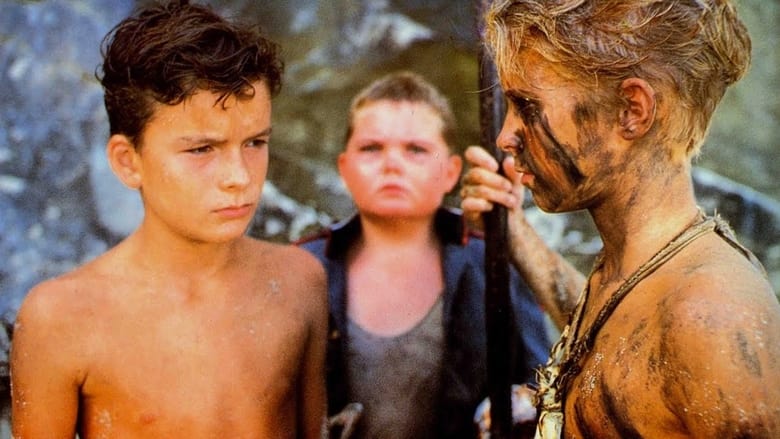A Critical Analysis of Jack's Journey in Lord of the Flies
In William Golding's classic novel, "Lord of the Flies," the character Jack undergoes a profound exploration of ambition, power, and the darker sides of human nature. Stranded on an island, Jack's initial ambition for leadership and hunting transforms into a darker force, showing a narrative that dives into the complexities of ambition and its consequences.

In the first chapter, Jack's ambition seems straightforward, driven by the aspiration to lead and contribute to the group's survival through hunting. His role as the leader of the choir positions him as a natural leader. However, early signs of a more authoritative ambition emerge, laying the foundation for the unfolding narrative.
As the story continues, Jack's ambition takes a sinister turn. Frustrated by his inability to secure the role of chief, he forms a separate tribe, breaking away from the democratic leadership led by Ralph. This split hints at a descent into chaos and foreshadows the dangerous potential of unchecked ambition.
Jack's ambition evolves into an obsession with hunting and dominance. The primal instinct for survival turns into a thirst for power, compelling him to abandon reason and adopt a brutal, leadership style. The once-civilized boys yield into the appeal of violence, symbolized by the "Lord of the Flies," a severed pig's head on a stick that becomes a manifestation of their descent into savagery.

The confrontation between Jack's authoritative ambition and Ralph's democratic leadership creates tension on the island. Jack's ambition, fueled by fear and the instinct for dominance, blinds him to reason and morality.
In the climax, Jack's ambition results in violence and the loss of innocence among the boys. The once-thriving community crumbles. Jack's rise to power comes at the cost of morality, cooperation, and the fabric of civilization.
"Lord of the Flies" reminds readers to think about the consequences of what ambition provides. Jack's character serves as a cautionary example, highlighting the potential for ambition to devolve into tyranny and chaos when divorced from ethical considerations and a broader sense of community.
Within the island, Golding illustrates the delicate equilibrium between order and chaos, underscoring the role ambition plays in fostering positive development rather than descending into malcie. Jack's intense yearning for power prompts contemplation on the timeless relevance of this novel, urging reflection on the intricate interplay between desires, authority, and human psychology.
Comments